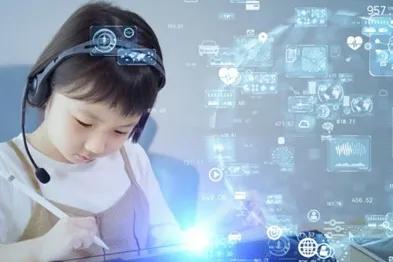The Education Revolution: Trends and Advancements
The future of education is an ever-evolving landscape marked by technological disruptions, pedagogical innovations, and changing societal needs. This article explores key trends and developments shaping the educational landscape, exploring how various elements transform our teaching and learning.
AI in Education
One of the most impactful forces in education today is artificial intelligence (AI). AI has the potential to revolutionise learning experiences by personalising education to meet individual needs. It goes beyond traditional teaching methods, adapting to the pace and style of each student. AI-powered tools create more interactive and engaging classroom environments by analysing students' learning patterns and preferences, enabling educators to tailor their approaches.
Virtual and Augmented Reality
Integrating virtual and augmented reality (VR and AR) is another trend reshaping education. These immersive technologies create virtual classrooms, allowing students to explore subjects in ways previously unimaginable. VR and AR provide realistic simulations, field trips, and hands-on experiences, breaking the monotony of traditional learning methods. Imagine students dissecting a virtual frog or exploring historical artefacts through AR overlays. These technologies transport learners to different environments, enhancing retention and understanding.
Adaptive Learning Platforms
Adaptive learning platforms have gained prominence for their ability to cater to individual student needs, fostering a more personalised and effective learning journey. These platforms use AI algorithms to assess students' strengths and weaknesses, adapting the curriculum accordingly. By providing targeted content and assessments, adaptive learning platforms empower students to progress at their own pace. The flexibility these platforms offer enhances comprehension and instils a sense of autonomy in learners.
Global Collaboration
In an interconnected world, international collaboration in education is gaining paramount importance. The Global Cooperation Mechanism for education is breaking down geographical barriers and fostering a global perspective in learning. Collaborative initiatives enable students to connect with peers worldwide, promoting cultural exchange and a deeper understanding of international issues. Virtual exchanges, joint research projects, and cross-cultural learning experiences contribute to a more interconnected and globally aware generation of learners.
Skills for the Future
Preparing students for the dynamic workforce is critical to education as we navigate the future. The World Economic Forum has identified the top 10 job skills for the future, highlighting the importance of critical thinking, problem-solving, and adaptability. Educational institutions are pivotal in equipping students with these skills, ensuring they are ready to thrive in a rapidly changing job market.
In conclusion, the future of education is being shaped by a combination of AI integration, immersive technologies, adaptive learning, global collaboration, and a focus on future-ready skills. Embracing these trends allows us to keep pace with the evolving educational landscape and provide students with the tools and knowledge they need to succeed in the dynamic world that awaits them. As we look forward, the collaborative efforts of educators, policymakers, and technological innovators will continue to mold the future of learning.
Professor Ir Satesh Namasivayam
School of Engineering and Technology
Email: @email




